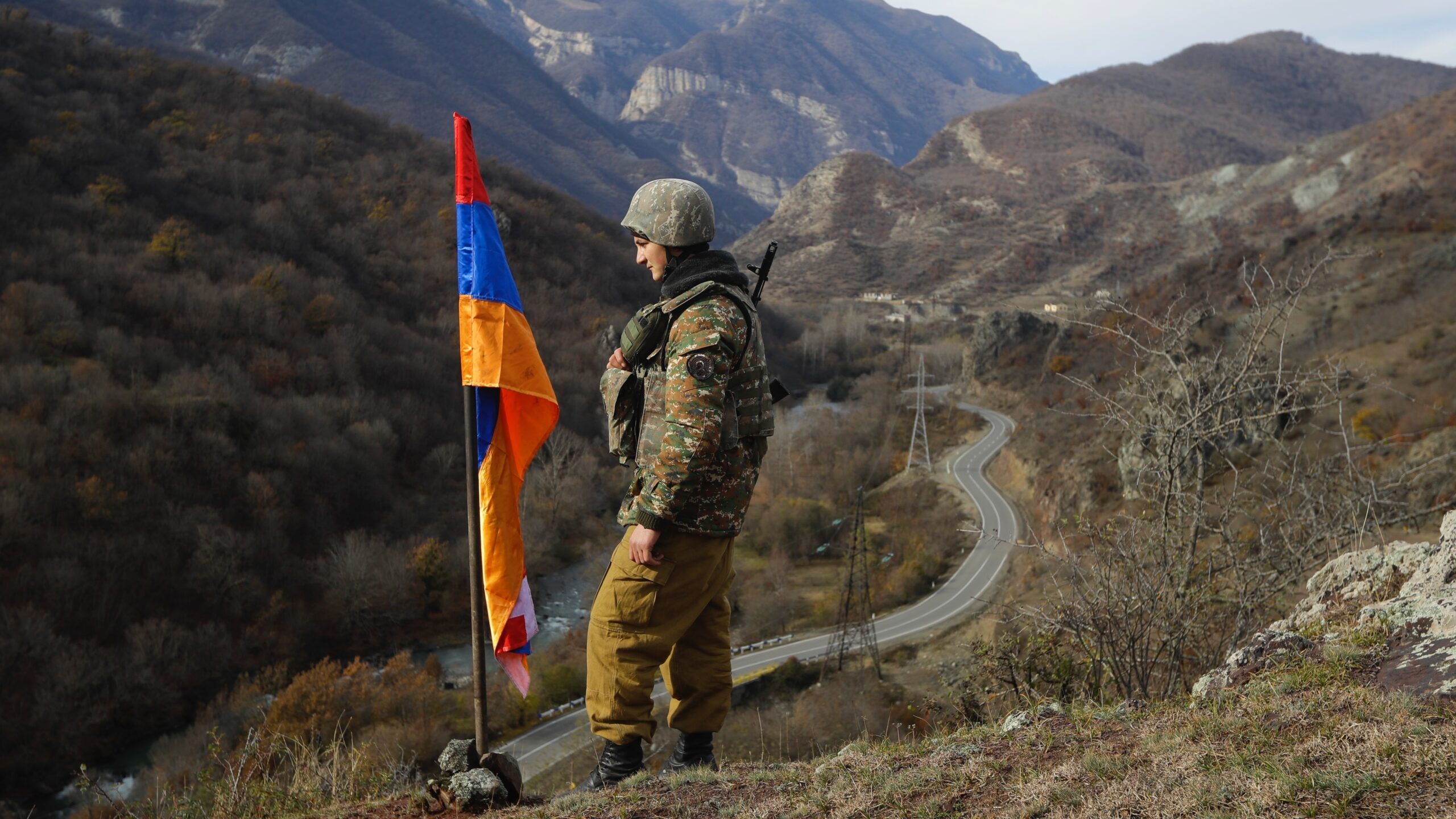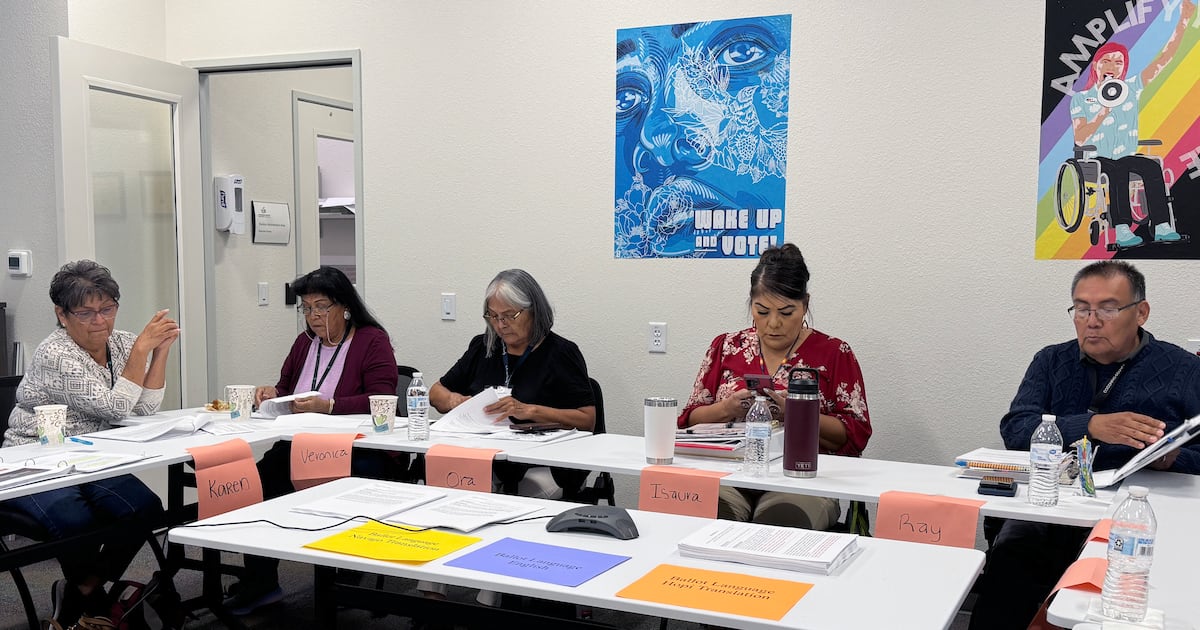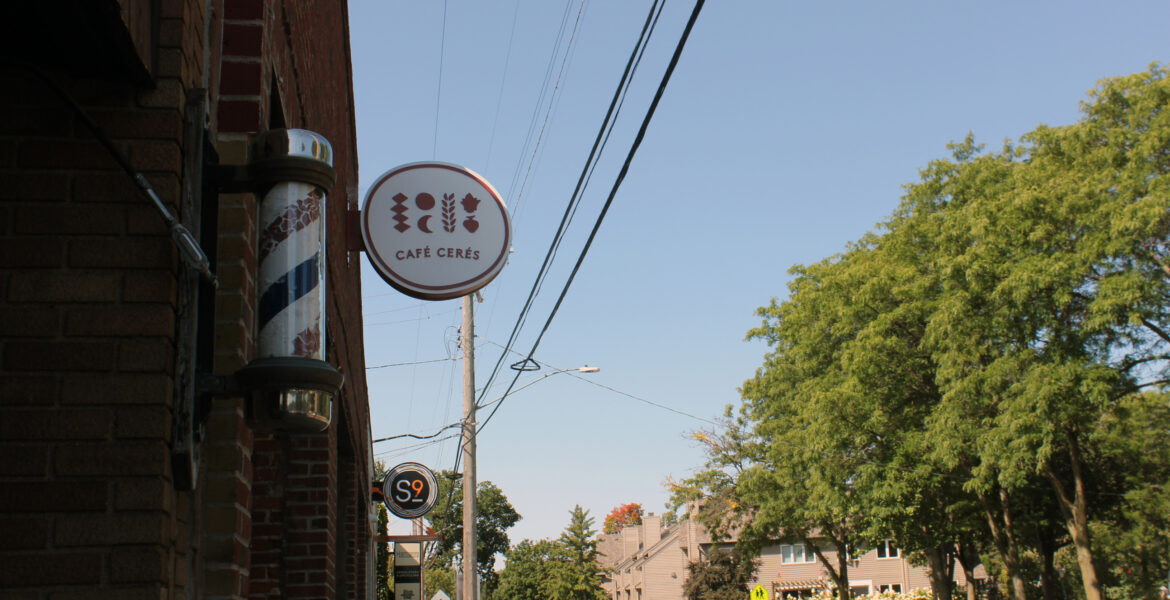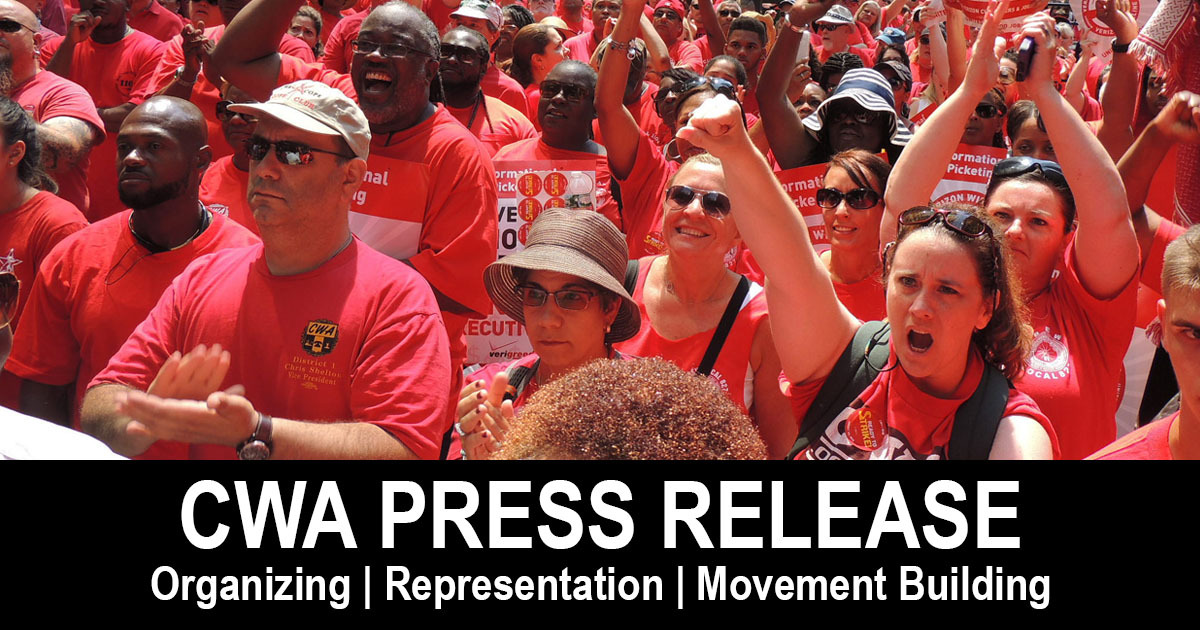alyaza [they/she]
internet gryphon. admin of Beehaw, mostly publicly interacting with people. nonbinary. they/she
- 90 Posts
- 7 Comments

 1·3 days ago
1·3 days ago

 4·3 days ago
4·3 days agoThurman waited in pain in a hospital bed, worried about what would happen to her 6-year-old son, as doctors monitored her infection spreading, her blood pressure sinking and her organs beginning to fail.
It took 20 hours for doctors to finally operate. By then, it was too late.
The otherwise healthy 28-year-old medical assistant, who had her sights set on nursing school, should not have died, an official state committee recently concluded.
Though Republican lawmakers who voted for state bans on abortion say the laws have exceptions to protect the “life of the mother,” medical experts cautioned that the language is not rooted in science and ignores the fast-moving realities of medicine.
The most restrictive state laws, experts predicted, would pit doctors’ fears of prosecution against their patients’ health needs, requiring providers to make sure their patient was inarguably on the brink of death or facing “irreversible” harm when they intervened with procedures like a D&C.
“They would feel the need to wait for a higher blood pressure, wait for a higher fever — really got to justify this one — bleed a little bit more,” Dr. Melissa Kottke, an OB-GYN at Emory, warned lawmakers in 2019 during one of the hearings over Georgia’s ban.

 0·12 days ago
0·12 days agothree paragraphs saying you’re wrong and that the empirical evidence supports nothing you’re saying is not a “long-winded rant” lmao–this uncritical “trust me bro it’s actually fine, you just don’t get it” stuff is the exact reason i consider autonomous vehicle stuff to 98% worthless techbro hype and autofellatio. cite your sources if you want people to listen–i have, and you’ve refuted none of it!

 0·12 days ago
0·12 days agoThe whole point of induced demand in highways is that when you add capacity in the form of lanes it induces demand. So if our highways are already full and if that capacity isn’t coming from increased EV efficiency then where is it coming from? If there’s no increase in road capacity then what is inducing demand?
just for example: “freeing up both parking lot real estate, but more importantly, freeing up on street parking, creating more room for actual traffic to move”–every single one of these posited improvements would induce demand unless you literally demolish the infrastructure (which, if you’re just switching people one-to-one from regular cars to automated cars is not going to happen, because the number of cars will remain a constant). the existence of unused parking begets driving and is a predictor for more driving.[1] the existence of more space to move obviously begets more driving because the “highways” aren’t “full” anymore; and again, if it didn’t that would actually be worse because it incentivizes less safe driving practices.
You are describing how humans drive, not AVs. AVs always obey the speed limit and traffic calming signs.
if by AVs you mean “fully autonomous” ones that literally do not exist currently then sure–they better! but at that point nothing you say is meaningful, because the technology literally doesn’t exist. we might as well be talking about mass-adopted hydrogen cars or whatever.
but, if we mean semi-autonomous ones—the ones that clearly exist, and which companies advertise as autonomous, and which people actually use—no. absolutely not. these things routinely violate even the most obvious traffic laws and necessitate humans to intervene in their ordinary function. Waymo hits pedestrians even now, and it’s ostensibly one of the most advanced semi-autonomous programs in the world. Uber literally killed a pedestrian and got into legal trouble over it. Tesla’s problems are omnipresent to the point where the NHTSA has said their feature is unsafe in practice and people make it a punchline. you can’t no-true-Scotsman this technology. even in the best and least ambiguous traffic circumstances it has obvious problems!
↩︎In 2015, a group of researchers led by Chris McCahill looked at historical trends in parking supply and commuter behavior for nine cities: Albany, New York; Berkeley, California; the Washington, DC, suburbs of Arlington, Virginia, and Silver Spring, Maryland; Cambridge, Lowell, and Somerville, Massachusetts; and Hartford and New Haven, Connecticut. Using historical aerial photography from three dates to identify and approximate the parking supply, McCahill found that parking growth between 1960 and 1980 was a “powerful predictor” of car use in the following two decades. Every ten spaces added per one hundred residents before 1980 were linked to an 8 percent increase in the share of residents driving to work after 1980. Increase in the parking supply in the study’s first two decades was directly correlated with increases in car use in the following two decades. More parking appeared to cause more driving, not the other way around.

 0·12 days ago
0·12 days agoYes, I have no doubt there would be induced demand, but that extra demand wouldn’t be at the cost of anything.
But if AVs add more capacity to our roads, that will be entirely because they are driving more efficiently.
you are literally doing what i mean when i say you are making assumptions with no evidence. there is, again, no reason to believe that “driving more efficiently” will result from mass-adoption of automated vehicles–and even granting they do, your assumption that this wouldn’t be gobbled up by induced demand is intuitively disprovable. even the argumentation here parallels other cases where induced demand happens! “build[ing] new roads or widen[ing] existing ones” is a measure that is almost always justified by an underlying belief that we need to improve efficiency and productivity in existing traffic flows,[1] and obviously traffic flow does not improve in such cases.
but granting that you’re correct on all of that somehow: more efficiency (and less congestion) would be worse than inducing demand. “efficiency” in the case of traffic means more traffic flow at faster speeds, which is less safe for everyone—not more.[2] in general: people drive faster, more recklessly, and less attentively when you give them more space to work with (especially on open roadways with no calming measures like freeways, which are the sorts of roads autonomous vehicles seem to do best on). there is no reason to believe they would do this better in an autonomous vehicle, which if anything incentivizes many of those behaviors by giving people a false sense of security (in part because of advertising and overhyping to that end!).
You’re asking for something that does not exist. How am I supposed to provide you evidence proving what the results of mass adoption of AVs will be when there has never been a mass adoption of AVs.
you asserted these as “other secondary effects to AVs”–i’m not sure why you would do that and then be surprised when people challenge your assertion. but i’m glad we agree: these don’t exist, and they’re not benefits of mass adoption nor would they likely occur in a mass adoption scenario.
For instance, what is your reasoning for believing that AVs could never be fundamentally safer than human drivers who are frequently tired, angry, distracted, impaired, impatient, etc?
the vast majority of road safety is a product of engineering and not a product of human driving ability, what car you drive or its capabilities, or other variables of that nature. almost all of the problems with, for example, American roadways are design problems that incentivize unsafe behaviors in the first place (and as a result inform everything from the ubiquity of speeding to downstream consumer preferences in cars). to put it bluntly: you cannot and will not fix road safety through automated vehicles, doubly so with your specific touted advantages in this conversation. the road designs that create bad driving behavior don’t cease to be an issue because people switch to an automated vehicle.
take for instance “Tackling Traffic Congestion,” Transportation Quarterly 40, no. 2 (1986), which states “growing congestion [in the Bay Area] […] is the result of development that comes with an improving economy compounded by a lagging expansion of freeway and transit capacity.” ↩︎
see for instance Leonard Evans, “Future Predictions and Traffic Safety Research,” Transportation Quarterly 47, no. 1 (1993): “although congestion impedes mobility, it increases safety, as measured by serious injuries and fatalities.” and Arnold Vey, “Relationship between Daily Traffic and Accident Rates,” American City 52, no. 9 (1937), who observed that beyond a certain point congestion reduced accident rates. congestion unsurprisingly acts as a calming measure when it becomes severe enough. ↩︎

 0·12 days ago
0·12 days agoSecondly, it’s based on the idea that people even can drive more than they already do.
they can. induced demand is omnipresent in basically all vehicular infrastructure and vehicular improvements and there’s no reason to think this would differ with autonomous vehicles
Fourthly, it ignores other secondary effects to AVs, like suddenly not needing nearly as much parking, freeing up both parking lot real estate, but more importantly, freeing up on street parking, creating more room for actual traffic to move, and their increased patience not causing constant traffic jams because they tailgated someone and then slammed on the brakes.
okay but: literally none of this follows from mass-adoption of autonomous vehicles. this is a logical leap you are making with no supporting evidence—there is, and i cannot stress this enough, no evidence that if mass-adoption occurs any of this will follow—and in general the technology is subject to far more fabulism and exaggeration (like this!) than legitimate technological advancement or improvement of society.

 1·18 days ago
1·18 days agoWhen South Korea started tackling this problem 20 years ago, it threw away 98 percent of its food waste. Today, 98 percent of food waste is turned into feed, compost or energy, according to the South Korean Ministry of Environment. It achieved this by banning food scraps from landfills and mandating that all residents separate their food waste from their trash and recycling — and to pay for the service through fees and fines.
South Korea is one of the few countries with a nationwide system for food-waste management. While France made composting food mandatory this year — and some cities like New York have imposed similar rules — few places match up with South Korea.
Moderates






















